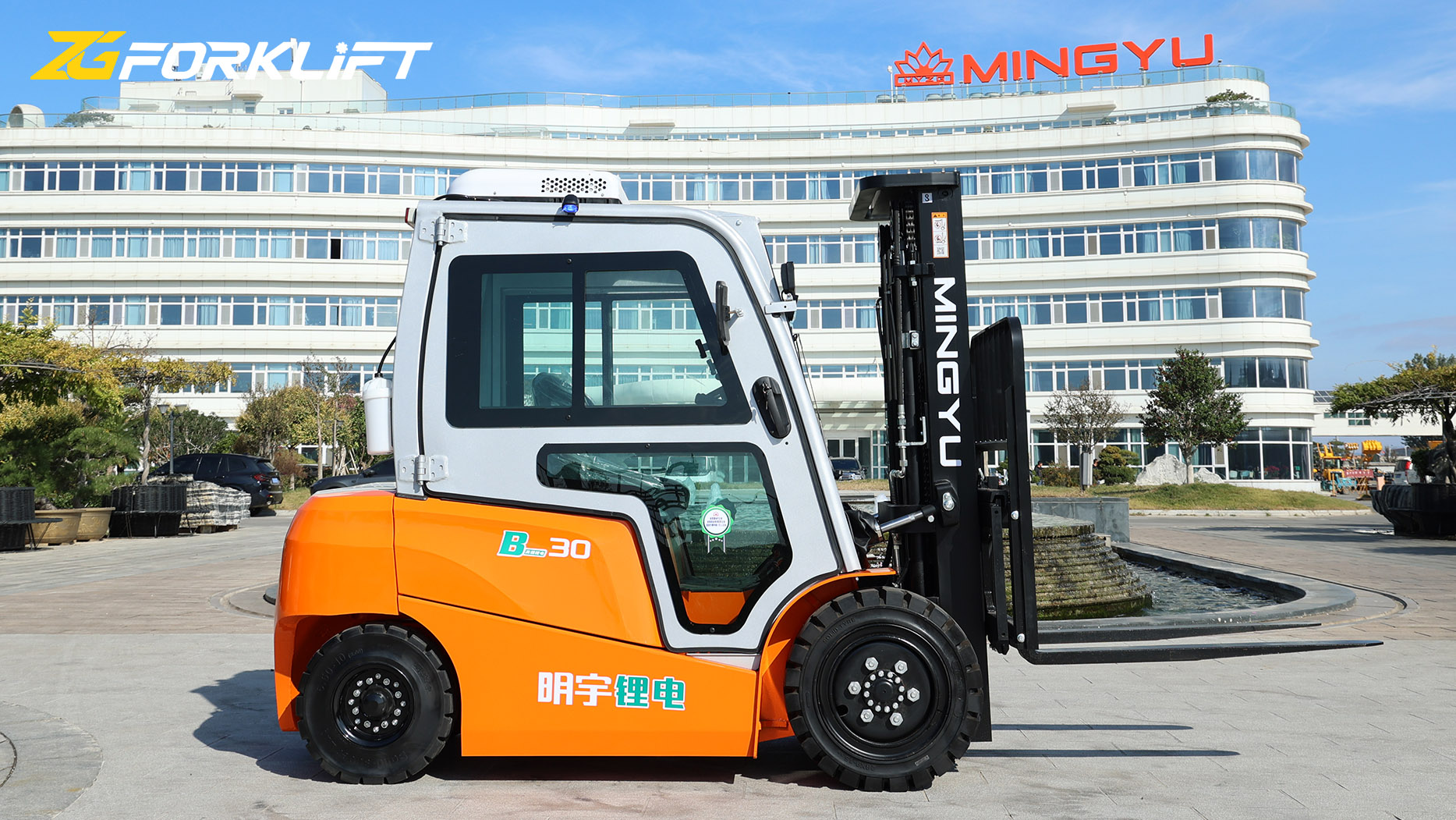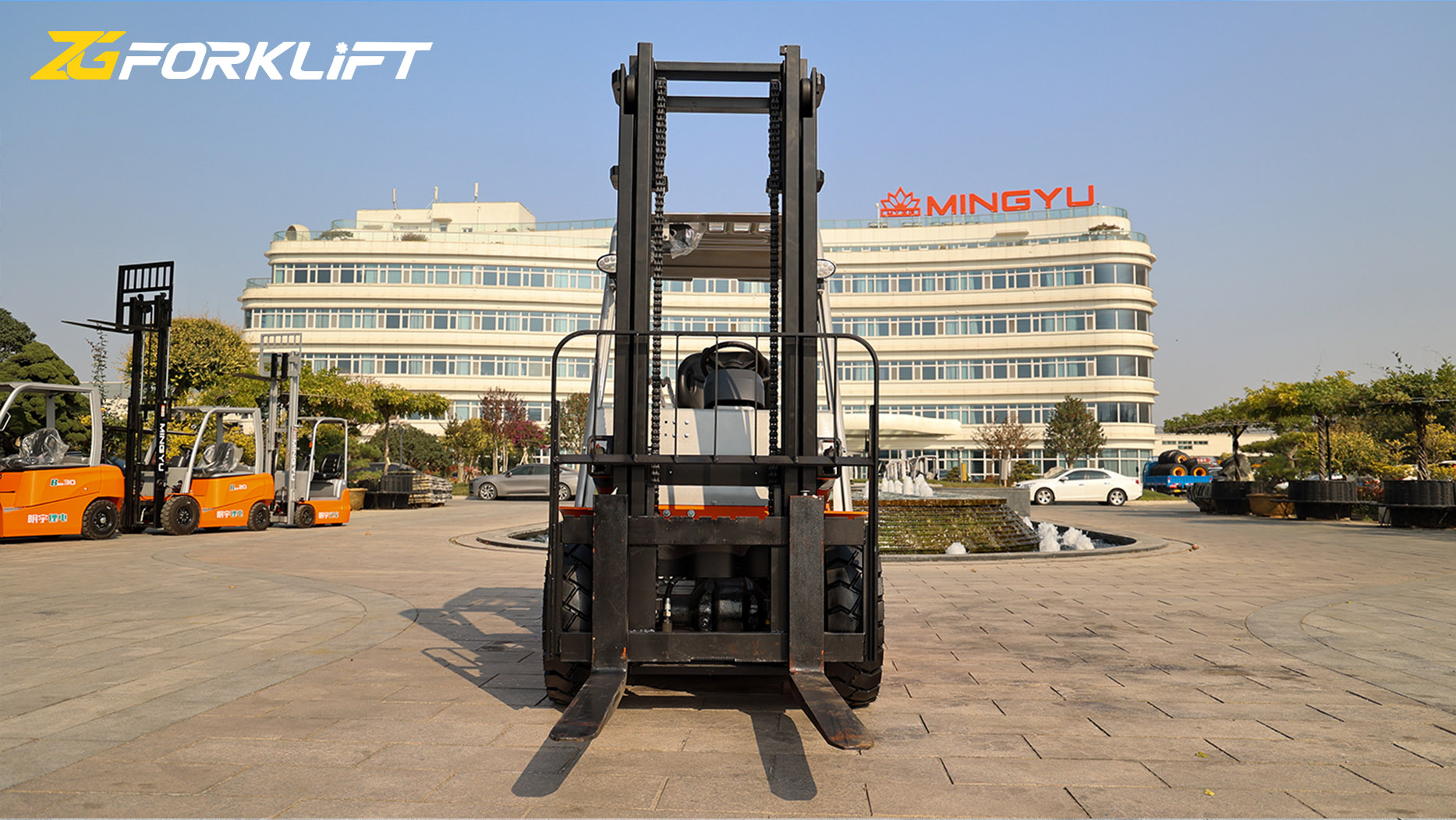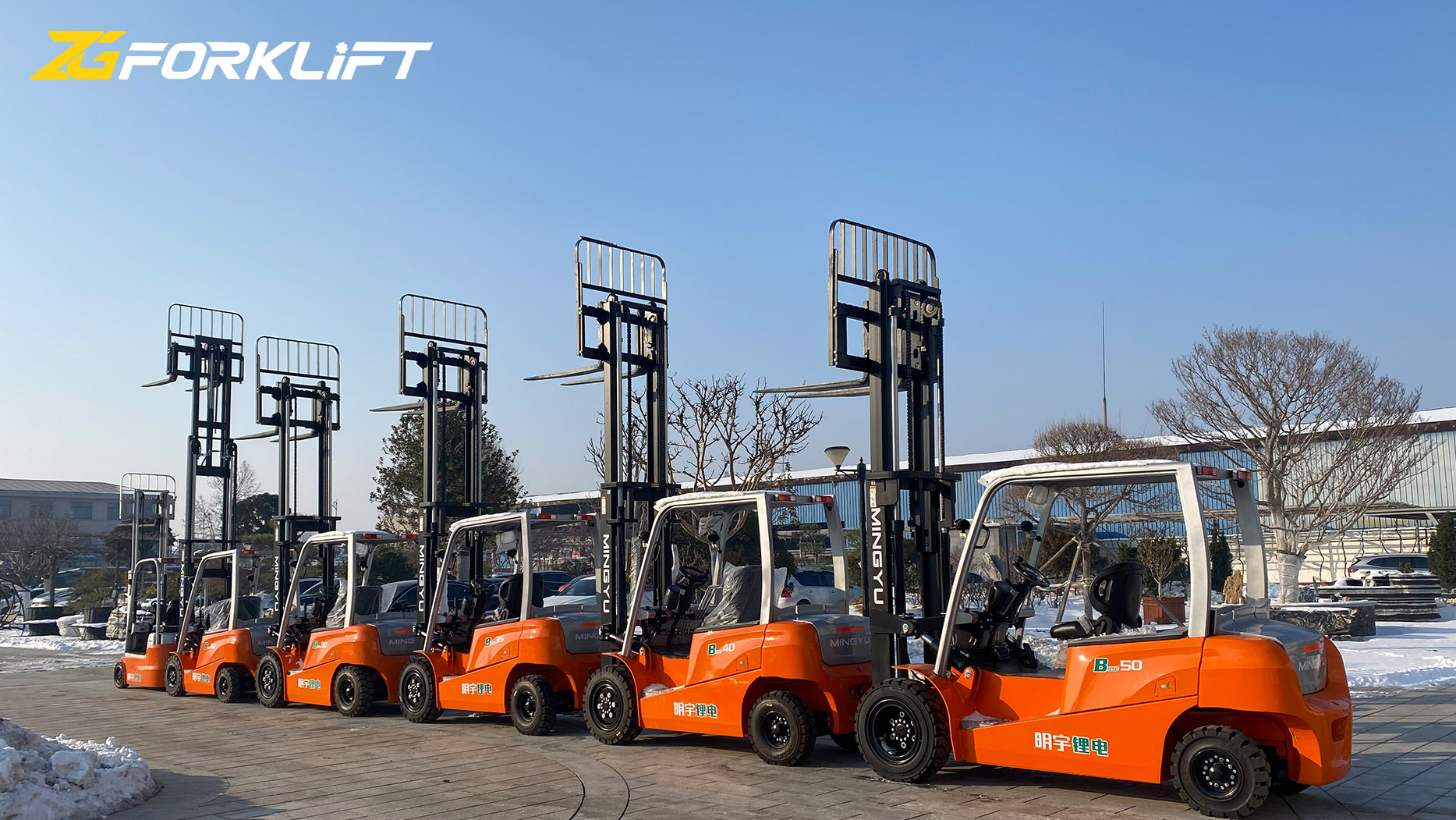Introduction
Operating a forklift truck is a crucial skill in many industries, from logistics and warehousing to manufacturing and construction. In Germany, operating a forklift truck requires a valid license, ensuring safe and efficient operation. This article outlines the process of obtaining a forklift license in Germany, covering the necessary steps, requirements, and considerations.
Eligibility CriteriaAge: You must be at least 18 years old to obtain a forklift license in Germany.
Physical and Mental Fitness:
You must be physically and mentally fit to operate a forklift truck.
This may involve a medical examination to assess your suitability.
Language Proficiency: While not always explicitly stated, a basic understanding of German is essential for understanding safety instructions, regulations, and communicating with instructors and examiners.
Choosing a Training Provider
Find Accredited Training Centers: Select a reputable training center accredited by the relevant German authorities.
Look for centers recognized by the Berufsgenossenschaften (Professional Associations), which are responsible for occupational safety and health in Germany.
Compare Courses: Research different training providers, comparing course durations, fees, and the types of forklift trucks covered.
Some courses may specialize in specific types of forklifts, such as counterbalance, reach, or telescopic handlers.
Read Reviews: Check online reviews and testimonials from previous students to gain insights into the quality of training and the experience of other trainees.
The Training Course
Theoretical Instruction: The training typically includes a theoretical component covering:
Traffic regulations: Rules of the road, right-of-way, and safe driving practices.
Technical aspects: Understanding forklift truck components, operation principles, and maintenance.
Safety regulations: German safety regulations for forklift truck operation, including load stability, accident prevention, and emergency procedures.Load handling: Principles of safe load handling, including load securing, center of gravity, and load distribution.
Practical Training:
Practical training involves hands-on experience operating a forklift truck under the supervision of a qualified instructor.
This includes:
Basic driving maneuvers: Forward, backward, turning, and maneuvering in confined spaces.
Load handling exercises: Lifting, lowering, transporting, and stacking loads safely and efficiently.
Emergency procedures: Handling malfunctions, avoiding collisions, and responding to emergencies.
Examinations
Theoretical Exam:
The theoretical exam typically consists of multiple-choice questions covering the topics covered in the theoretical instruction.
You must demonstrate a thorough understanding of traffic regulations, technical aspects, safety regulations, and load handling principles.
Practical Exam:
The practical exam assesses your ability to safely and efficiently operate a forklift truck.
Examiners will evaluate your driving skills, load handling techniques, and adherence to safety regulations.
The exam may include a variety of exercises, such as:
Driving through a designated course.
Loading and unloading pallets.
Stacking and retrieving loads at different heights.
Performing emergency stops and maneuvers.
Obtaining the Forklift License
Upon successful completion of both the theoretical and practical exams, you will receive a certificate of qualification.
This certificate serves as your official forklift license in Germany.
Ongoing Training and Refresher Courses
Regular Refresher Courses:
German regulations may require periodic refresher courses to maintain your forklift license.
These courses typically cover updates to safety regulations, new technologies, and best practices for safe forklift operation.
Continued Professional Development:
To enhance your skills and stay updated, consider participating in advanced training courses or workshops on specific topics, such as:
Operating specialized forklift trucks (e.g., reach trucks, telescopic handlers)
Advanced load handling techniques
Accident prevention and risk management
Important Considerations:Cost: The cost of obtaining a forklift license can vary depending on the training provider, the duration of the course, and the type of forklift truck covered.
Time Commitment: The training course typically takes several days to complete, depending on the chosen program.
Language Proficiency: Ensure you have sufficient German language skills to understand the training materials, communicate with instructors, and pass the exams.
Physical Fitness: Ensure you are physically fit to operate a forklift truck and meet any medical requirements.
Choose a Reputable Training Provider: Select a reputable training center with experienced instructors and a proven track record.
Post time:Dec.23.2024



